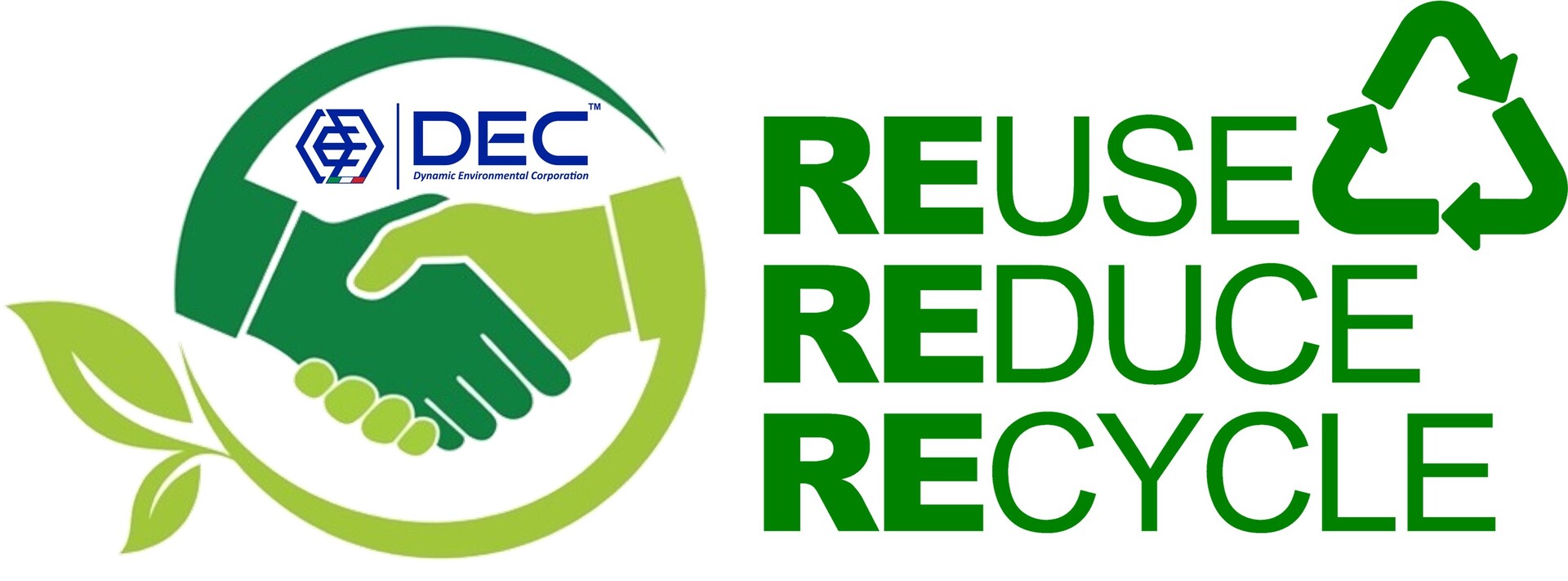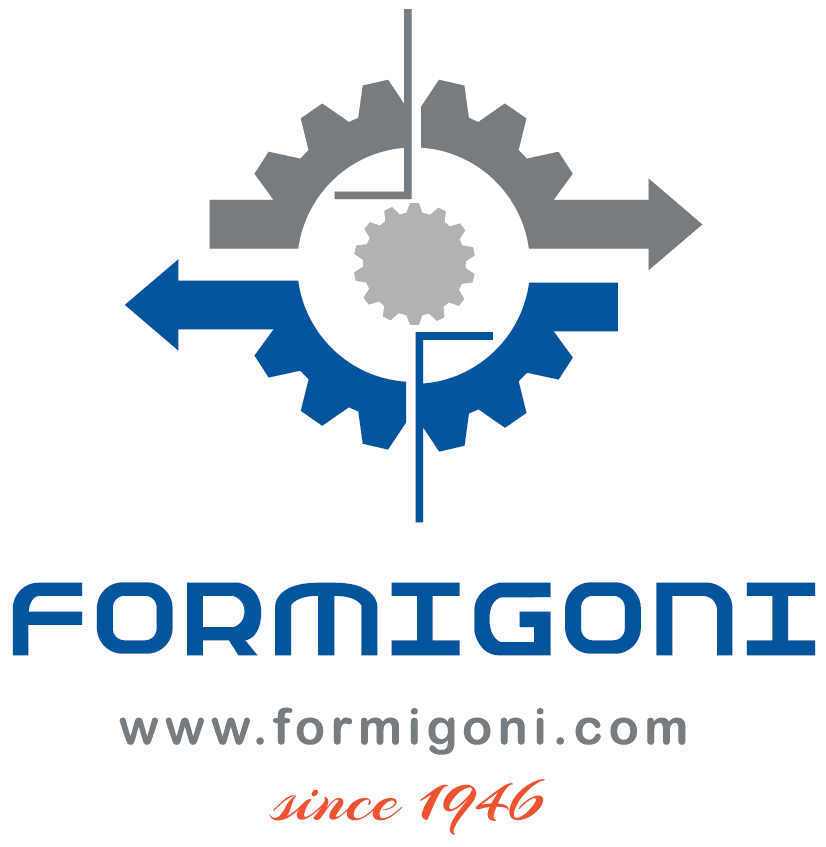
DECarbonization
circular economy | sustainability | close the loop
In the quest for a sustainable future, industries (flexible packaging, coating, pharma, etc.) worldwide are increasingly adopting innovative solutions that minimize their environmental footprint, while improving ESG and TBL: innovative solutions such as Solvent Recovery Units (SRUs) have gained significant attention.
DEC IMPIANTI, a leading provider of cutting-edge environmental solutions, offers state-of-the-art SRU™ • solvent recovery units that not only contribute to DECarbonization efforts but also support the principles of the circular economy, closing the loop, and reducing greenhouse gas (GHG) emissions.
implementing DECarbonisation solutions at scale
Industrial decarbonization is the process of reducing or eliminating carbon dioxide emissions from industrial processes: This can be done by optimizing internal systems, adopting energy-efficient technologies, and finding innovative ways to cut emissions, repurpose waste heat, and reduce energy consumption. By targeting carbon emissions at the source, industrial decarbonization offers long-term, sustainable solutions that go beyond simply offsetting emissions.
Implementing decarbonization solutions at scale requires a comprehensive approach that encompasses various sectors and strategies; a complex and long-term endeavor which requires a holistic and collaborative approach, involving governments, businesses, communities, and individuals working together to achieve a sustainable and low-carbon future.
We will explore the positive outcomes of adopting SRU™ • solvent recovery units while comparing the advantages of a sustainable vOC abatement technology to a thermal oxidizer systems (e.g. RTO): from a linear to a circular approach.

SRU™ • DECarbonization and Solvent Recovery Units
Decarbonization has emerged as a key strategy to combat climate change and reduce GHG emissions, through specific policies (e.g. EU Green Deal Industrial Plan, EU NZIA - Net-Zero Industry Act, US IRA - Inflation Reduction Act, etc.). Industries heavily reliant on solvents for various processes, such as pharmaceuticals, chemicals, flexible packaging and coatings, often release substantial amounts of volatile organic compounds (VOCs) into the atmosphere. These VOC emissions contribute to air pollution and climate change. SRU™ • solvent recovery units from DEC IMPIANTI address this challenge by capturing and recycling VOCs, effectively reducing emissions and promoting decarbonization in industrial operations.
SRU™ • circular economy | closing the loop
A circular economy aims to minimize waste generation and maximize resource utilization by keeping products and materials in circulation for as long as possible. DEC IMPIANTI's SRU™ • solvent recovery units align perfectly with this concept by enabling the regeneration and reuse of solvents that would otherwise be discarded as waste. By implementing these units, industries can close the loop in their operations, minimizing the need for new solvent production and reducing waste disposal. This not only reduces environmental impact but also enhances resource efficiency and contributes to a circular economy model.
SRU™ • sustainability benefits
The integration of SRU™ • solvent recovery units brings multiple sustainability benefits.
SRU™ • governmental support and aids
Governments worldwide are recognizing the importance of transitioning to sustainable practices and are actively supporting initiatives that promote DECarbonization, circular economy principles, and the adoption of advanced technologies like SRU™ • solvent recovery units. Many countries offer financial incentives, grants, and subsidies to encourage industries to invest in environmentally friendly solutions (e.g. EU Green Deal Industrial Plan, EU NZIA - Net-Zero Industry Act, US IRA - Inflation Reduction Act, etc.).
These government programs provide financial support to companies seeking to implement solvent recovery units, making the initial investment more accessible and attractive. By reducing the upfront costs, governments are incentivizing businesses to adopt these technologies and accelerate the transition towards a low-carbon economy.
Furthermore, governments play a vital role in creating favorable policy frameworks and regulations that encourage the use of solvent recovery units. By setting emission limits and providing guidelines on sustainable practices, governments help create a level playing field and ensure that industries prioritize environmental considerations.
Governmental support also extends to research and development initiatives focused on improving the efficiency and effectiveness of solvent recovery technologies. Collaborations between governments, research institutions, and industries facilitate the development of cutting-edge solutions, further driving the advancement of DECarbonization efforts and circular economy practices.
The availability of governmental support and aids is crucial in promoting the widespread adoption of solvent recovery units. By providing financial incentives, establishing regulatory frameworks, and supporting research and development, governments play a vital role in facilitating the transition to sustainable industrial practices, fostering the circular economy, and achieving long-term environmental goals.

SRU™ • main advantages over Thermal Oxidizer Systems

Conclusion
SRU™ • solvent recovery units from DEC IMPIANTI offer a sustainable and efficient solution for DECarbonization and circular economy implementation. By capturing and reusing solvents that would otherwise be wasted, these units not only reduce the environmental impact of industrial processes but also contribute to cost savings (ROI) and regulatory compliance. Compared to thermal oxidation systems, solvent recovery units demonstrate superior energy efficiency, reduced GHG emissions, versatility, and a commitment to long-term sustainability (reduced resource consumption). Embracing such innovative technologies is crucial for industries to meet their environmental goals, drive sustainability (economic growth and environmental stewardship), and pave the way for a greener future.
